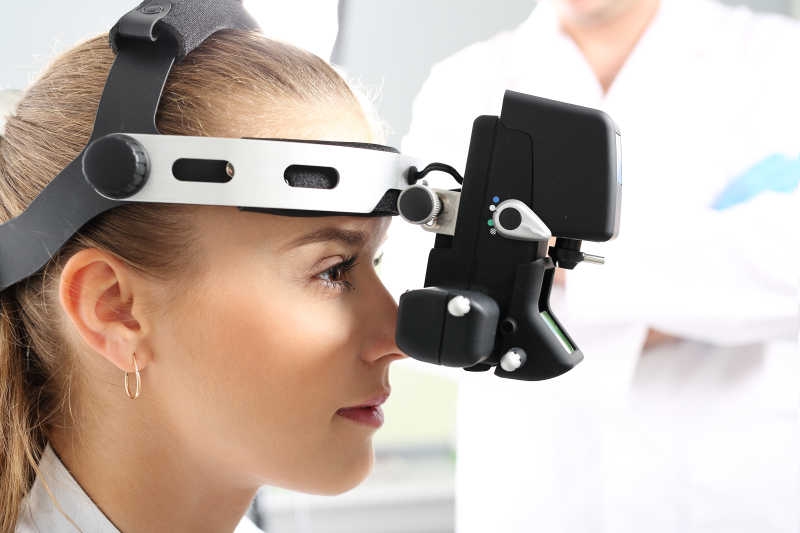The Importance of Eye Appointments for Maintaining Vision Health
Regular eye appointments are crucial for maintaining vision health and identifying potential eye conditions early. This article discusses the significance of eye care, what to expect during an eye exam, and how to prepare for your appointment.
The Significance of Regular Eye Appointments
Eye appointments are fundamental for maintaining optimal vision and overall eye health. They allow you to not only check your vision acuity but also to assess the health of your eyes. Regular visits to an eye care professional can help detect conditions such as glaucoma, cataracts, and age-related macular degeneration before they become serious. By scheduling routine eye exams, you ensure that any potential issues are identified and treated promptly, which can save your sight in the long run.
Understanding What Happens During an Eye Exam
During a typical eye exam, several tests are performed to evaluate your vision and eye health. The initial step usually involves reviewing your medical history, which helps the eye doctor identify any risk factors. Following this, the doctor will conduct vision tests that may include reading letters from an eye chart, checking for refractive errors, and assessing how well your eyes work together. Additional tests such as retinal examinations or tonometry may be performed to check for conditions affecting the inner structures of the eye.
Preparation Tips for Your Eye Appointment
Preparing for an eye appointment can help ensure a smooth and productive visit. To start, it’s important to gather information about your medical history, including any medications you are taking or existing health conditions. Bringing your glasses or contacts, as well as a list of any questions or concerns you might have, can also help facilitate the discussion with your eye care provider. If you are new to the office, arriving a bit early can allow time to fill out any necessary paperwork.
The Role of Technology in Eye Care
Advancements in technology have significantly transformed the way eye care is delivered. Modern eye exams often incorporate computerized tests that enhance the accuracy of vision assessments. Technologies such as optical coherence tomography (OCT) provide detailed images of the retina, allowing for better diagnosis of eye diseases. Additionally, telehealth options have made it easier than ever to consult with eye care professionals, especially for follow-up appointments or consultations about non-emergency issues.
Recognizing the Signs You Need to Schedule an Eye Appointment
It is crucial to be aware of changes in your vision that may necessitate an eye appointment. Symptoms such as blurred vision, frequent headaches, difficulty in seeing at night, or the appearance of floaters or flashes of light can indicate underlying issues. If you experience any of these symptoms, you should schedule an appointment promptly. Regular check-ups even when you feel fine are also important, as some eye conditions can develop without noticeable symptoms.
The Connection Between Eye Health and Overall Health
The health of your eyes can be a window to your overall health. Certain systemic conditions such as diabetes and hypertension can have significant effects on your vision and overall eye health. For example, diabetic retinopathy is a common complication of diabetes that can lead to vision loss if not caught early. By attending regular eye appointments, you not only safeguard your vision but also provide your healthcare team with crucial information that can help manage your overall health.
Conclusion and Encouragement for Routine Eye Care
In conclusion, eye appointments are essential for preserving your vision and overall eye health. By understanding the importance of these check-ups and remaining vigilant about changes in your eyesight, you are taking proactive steps towards a lifetime of healthy vision. Make it a priority to schedule regular eye exams, and encourage friends and family to do the same. Healthy eyes contribute to a better quality of life, so don't wait until problems arise—be proactive in your eye care routine.
